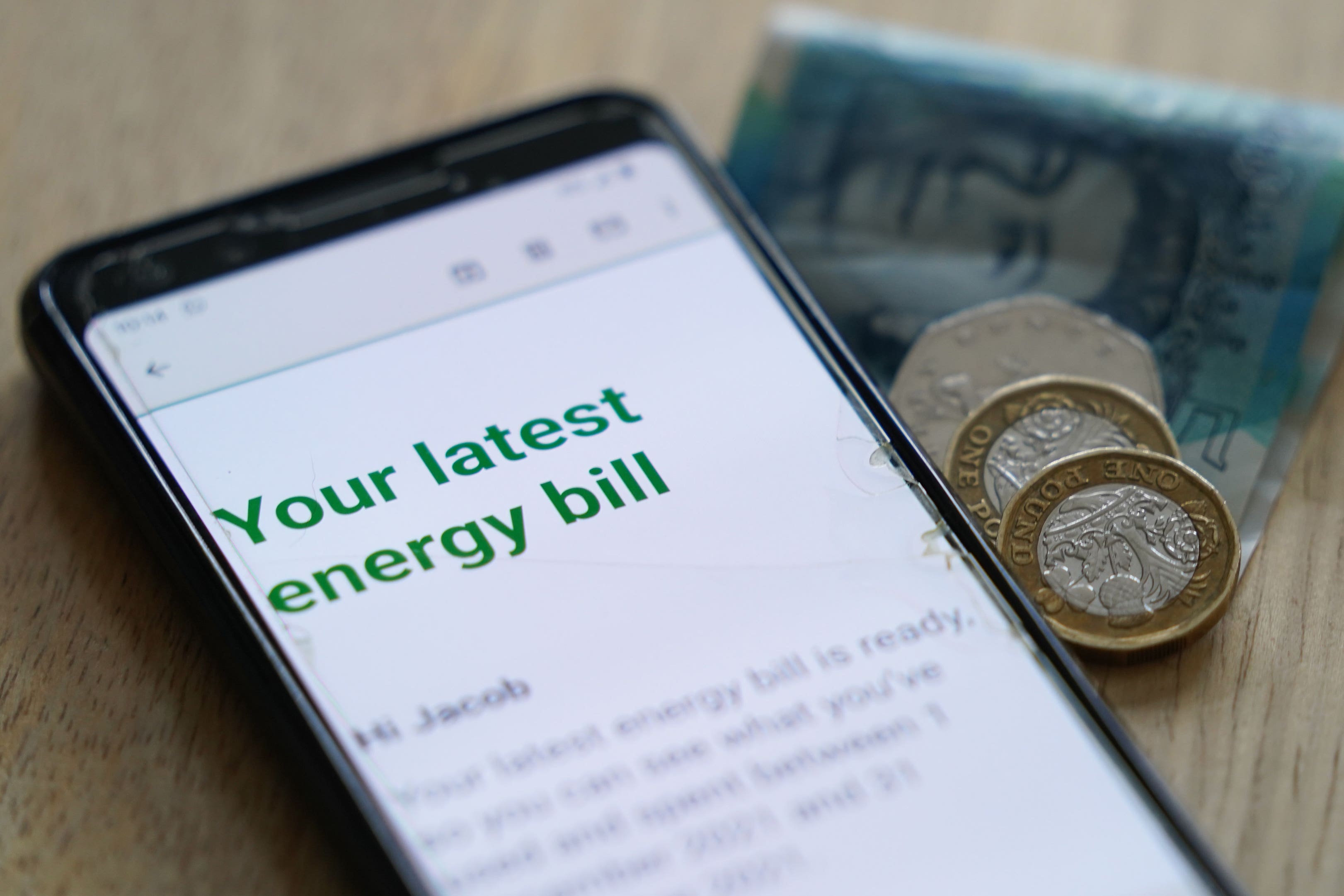Small business owners forced to change work practices to reduce energy use
Two-thirds of small business owners say they have adopted more cost-saving working practices over the last 12 months to reduce their energy bills

Your support helps us to tell the story
From reproductive rights to climate change to Big Tech, The Independent is on the ground when the story is developing. Whether it's investigating the financials of Elon Musk's pro-Trump PAC or producing our latest documentary, 'The A Word', which shines a light on the American women fighting for reproductive rights, we know how important it is to parse out the facts from the messaging.
At such a critical moment in US history, we need reporters on the ground. Your donation allows us to keep sending journalists to speak to both sides of the story.
The Independent is trusted by Americans across the entire political spectrum. And unlike many other quality news outlets, we choose not to lock Americans out of our reporting and analysis with paywalls. We believe quality journalism should be available to everyone, paid for by those who can afford it.
Your support makes all the difference.The study of 500 adults who are either small business owners or decision-makers, found they have made an average of six tweaks to save energy.
Exactly a third have encouraged staff to adopt more energy-friendly behaviours, 20 per cent have gone “paper free” and 29 per cent have turned down the temperature on their boiler.
A quarter (26 per cent) have turned off radiators in some rooms, while 24 per cent have lowered their thermostat.
Banning printing, encouraging working from home, where possible, and only running the dishwasher when it was full were also popular ways of reducing energy costs.
Energy-efficient lightbulbs are now the norm for 32 per cent, as is not overboiling the kettle (24 per cent).
Furthermore, 19 per cent are reducing their opening hours and 33 per cent are “very likely” to consider actively moving premises.
The research was commissioned by Smart Energy GB, whose director Victoria Bacon said: “As business owners continue to reduce their energy usage wherever possible, actions such as changing to LED lightbulbs and turning off the lights when rooms are not being used are now increasingly commonplace.
“As is encouraging staff to adopt more energy-saving behaviours.”
The research went on to find how new tech has helped firms with their day-to-day administrative tasks, with 89 per cent of respondents agreeing that investing in new technology has been an effective way of reducing daily costs in the long run.
This includes email marketing and social media promotion, as well as using more software for accounting and procurement purposes.
Nearly a third (32 per cent) now consider energy efficiency credentials more than ever when upgrading equipment, with 51 per cent also buying more ‘smart’ appliances.
Almost three in ten (29 per cent) check their energy usage at least once a day, with just under a third (32 per cent) checking several times each week.
Of those surveyed, 58 per cent admit they’re still not sure of the most efficient ways to cut costs in their business, with 35 per cent saying there isn’t enough information available.
Nearly four in 10 (39 per cent) use so much equipment that it’s hard to keep track of energy use, while 34 per cent can’t afford to upgrade their gear.
Nearly three quarters (72 per cent) fear that if they were to cut back on costs much further, their business simply wouldn’t function as usual.
And for 73 per cent, 2022 was the only year so far they had to really consider cutting costs at their workplace.
Yet 78 per cent say it is a bonus that a lot of their energy-saving measures are having a positive effect on the environment.
65 per cent said that reducing their company’s carbon footprint is either more important or at least equally important, as reducing costs, according to the research by OnePoll.
Victoria Bacon from Smart Energy GB added: “We know from our research how hard small businesses are working to keep their finances under control.
“A smart meter measures energy usage in near-real time, providing accurate bills.
"This means businesses only pay for the energy they actually use, which can help business owners to manage their cash flow and budgets.”



Join our commenting forum
Join thought-provoking conversations, follow other Independent readers and see their replies
Comments